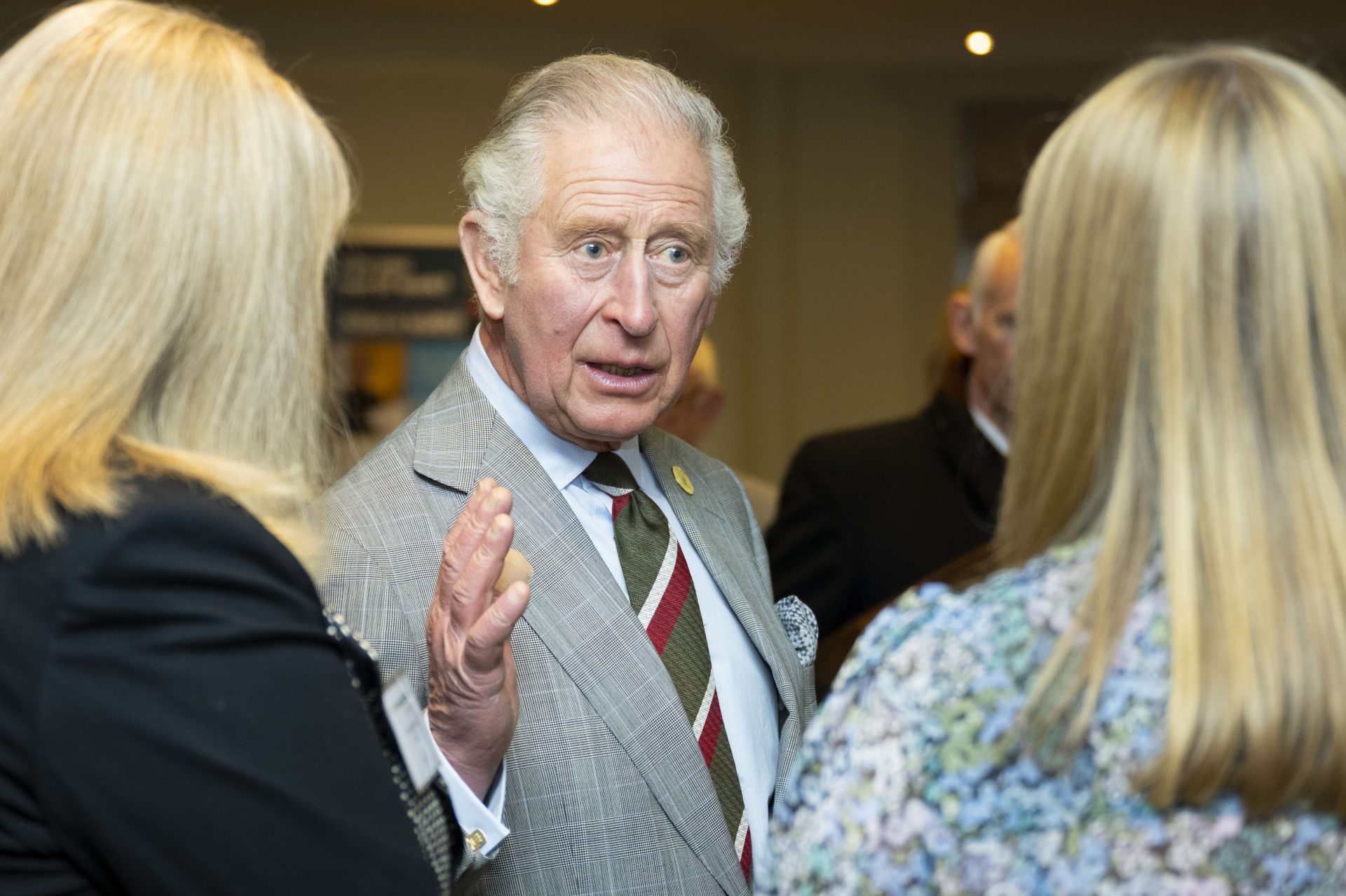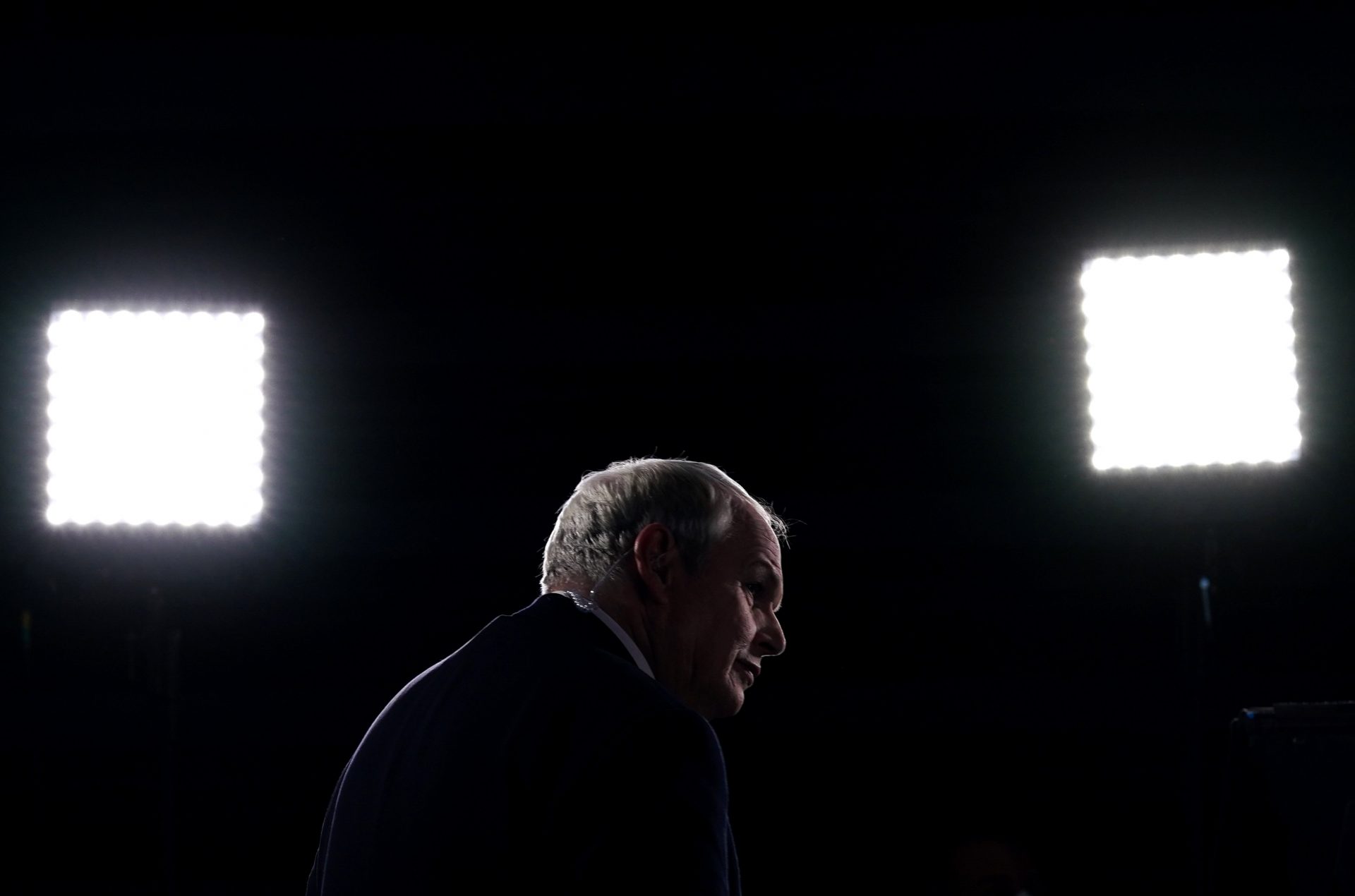People keep telling us how to behave while demonstrably ignoring their own advice. Hypocrisy in public life is the dish of the day.
Prince Charles is a case in point.
One minute he is preaching environmentalism like a member of Insulate Britain, standing up at COP26 and urging people to save the planet, the next he is flying short hops by private jet or helicopter.
It is unlikely that his organic farming could begin to offset his massive lifetime carbon footprint.
This is a man who has flown a distance of less than 70 miles to attend a polo match and who runs multiple houses.
But hey, his heart is in the right place, and his Aston Martin is fuelled with bioethanol made from waste derived from cheese and wine.
It’s just that he doesn’t seem able to join the dots about his personal impact on the planet.
He’s very far from the only hypocrite in the news. This month, much of the public fury at #partygate has been focused on the hypocrisy of politicians who tell people what sacrifices they need to make while flouting the rules themselves.
The fact that they’ve gone to such extreme lengths to conceal the various parties that took place under lockdown, and the ways that they knowingly made exceptions of themselves, reveals that these hypocrites knew they would be judged harshly if the truth came out.
This is what La Rochefoucauld meant when he called hypocrisy ‘the homage vice pays to virtue’.
We can give the benefit of the doubt to Prince Charles – perhaps he can’t see his own hypocrisy. But those who are fully aware of the mismatch between their public exhortations to virtue and their private vices are hypocrites of a nastier stripe. They are cynical rather than naïve hypocrites.
Niccolò Machiavelli is unusual among philosophers in making a case for deception and cynical hypocrisy.
In The Prince, he declared that a strong leader needed to seem to be one thing, but actually be another.
That was the best way to retain power, and so preserve the security of the city-state. Genuine virtue was for pussies and plebs.
Virtù, on the other hand – usually translated as ‘prowess’ or even ‘manliness’ – was what a leader needed. This involved the guile of a fox and the strength of a lion.
Virtue-signalling was an important part of this: to be effective, you had to seem to be good. Seem to, but not actually be good.
You also needed to learn how not to be good in the conventional sense, know how to betray your word, how to suggest one thing but be something else completely.
Machiavelli claimed that successful princes achieved great things by giving their word lightly, and by tricking others with their cunning.
He praised Cesare Borgia for luring his enemies to a meeting and then slitting their throats. In the 18th century, King Frederick lI of Prussia published an anonymous counter-pamphlet, Anti-Machiavel. There, he argued that Machiavelli’s advice to dissimulate was bad counsel because princes can’t hide all the time. They are too much in the public eye. Sooner or later the mask would slip, and the hypocrisy would be exposed.
Whether or not that was true in the 18th century, digital media has made it true today. We leave numerous traces.
It’s extremely tough to seem to be something you are not, even if you do much of your dissimulation by WhatsApp.
There’s only so long you can get away with it. The mask has only to slip once while a camera is still turned on, or in a casual text or email, and then the illusion is shattered for ever. The evidence is there for all to see.
But we need to be careful that exposing hypocrisy doesn’t lead us to forget that the messenger is different from the message.
Prince Charles said many true things about climate change and fossil fuel when he spoke at COP26, even though he has sometimes personally failed to act in a way that is consistent with all that. And just because politicians have defied lockdown laws about partying, making exceptions of themselves without good reason, doesn’t make it acceptable for everyone to defy mandates about socialising during a pandemic.
Public messages about the importance of restricting social contact are still worth following even if some politicians have acted like jerks.
It’s best to avoid the ad hominem move of targetting the character of the speaker and instead think critically about what is being said.



